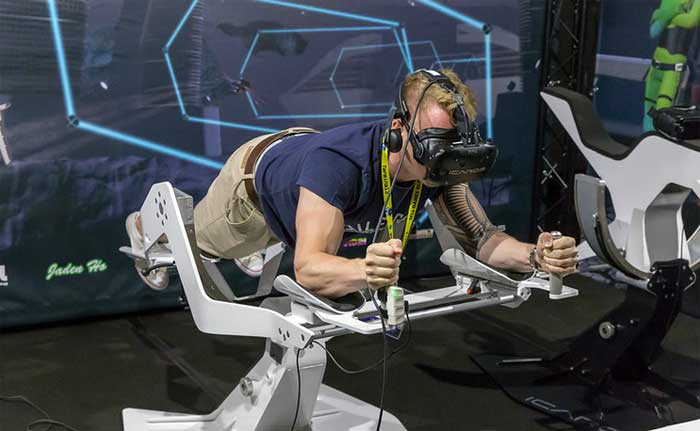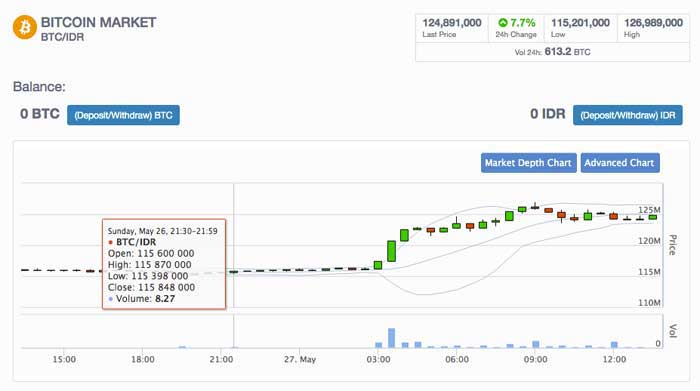Japanese work environment is so intense to the extent that people the 1970s invented karoshi, a word that can be translated literally as "overwork death" in Japanese and represents occupational sudden mortality. The major medical cause of karoshi deaths are heart attacks and strokes due to stress, a starvation diet, and long work hours. Korashi also involves employees committing suicides due to overwork.
The first case of karoshi was registered in 1969 when a 29-year-old male working in the shipping department of Japan's largest newspaper company died after suffering from a stroke. It wasn't until 1978 that pattern of people suffering from fatal strokes and heart failure attributed to overwork was brought to light. The term was brought into public usage in 1982 when it was used on a book dealing with the issue.
The term korashi emerged into Japanese public life during the mid-80s "Bubble Economy" when several high-ranking business executives in their prime years suffered from a sudden death without any previous sign of illness. It was then that the phenomenon started to be seen as a serious menace for people in the workforce, which prompted the Japanese Ministry of Labour to start publishing statistics on karoshi in 1987.
Although the initiative was meant to decrease the number of karoshi cases, another employee death due to overwork took place in July 2013. 31-year-old journalist Miwa Sado died of heart failure after logging 159 hours of overtime in one month at the news network NHK. Her death, however, wasn't registered as a karoshi case until October 2017.
Meanwhile, in 2015, a 24-year-old employee of Japanese advertising behemoth Dentsu jumped to her death off a balcony in a company dorm room where she lived after working more than 100 hours in the month leading up to her suicide. Dentsu's president and CEO, Tadashi Ishii, resigned a month after the horrible event.
Japanese work culture
The concept of karoshi can be traced back to the aftermath of World War II. With a war-torn country, Prime Minister Shigeru Yoshida prioritised fostering Japan's economy. One of his initiatives was to prompt major corporations to offer their employees lifelong job security in exchange for workers' loyalty.
Although the plan worked to boost Japan's economy, turning a war-torn country into the largest economy in the world, Japanese workers had to give up work life balance. Within a decade of the start of Yoshida's plan, karoshi cases started to take place. With the purpose of making good impressions on their bosses and due to their loyalty ties with the company, workers started to sacrifice their personal time in favour of their jobs.
The long hours in the office, sleep deprivation and the burden of meeting with their employers' demands started to take a toll in Japanese workers, prompting a number of them to suicide or suffer strokes and heart attacks. These fatalities were recognised as being job-related and the phenomenon was known as "occupation sudden death."
Despite the population and government's awareness of this ailment, work-life balance in Japan is not much better today. After surveying 10,000 Japanese workers in 2016, a report focused on karoshi cases found that 20% of the respondents worked at least 80 hours of overtime a month. Half of the workers who took part in the survey admitted that they don't take paid vacations. According to the report, 20% of Japanese workers work an overage of 49 hours or longer each week.
Although karoshi used to affect mostly the male force, female case of karoshi are increasingly being reported. Young employees are usually expected to work long hours to climb up the corporate ladder. Some bosses expect employees to arrive early and leave late, which is the case of Takehiro Onuki, a 31-year-old salesman who regularly starts at 8 a.m. and finishes at midnight. The same happens to many other Japanese employees who work in white-collar jobs where hierarchies are quite rigid. Advancement is earned through great strenuous effort. It is not common for workers to leave their jobs, even if they are unhappy or overworked, because starting a new job means starting from scratch and not at the level they left. This leads to a generation of workers who seem to be devoted to their work.




